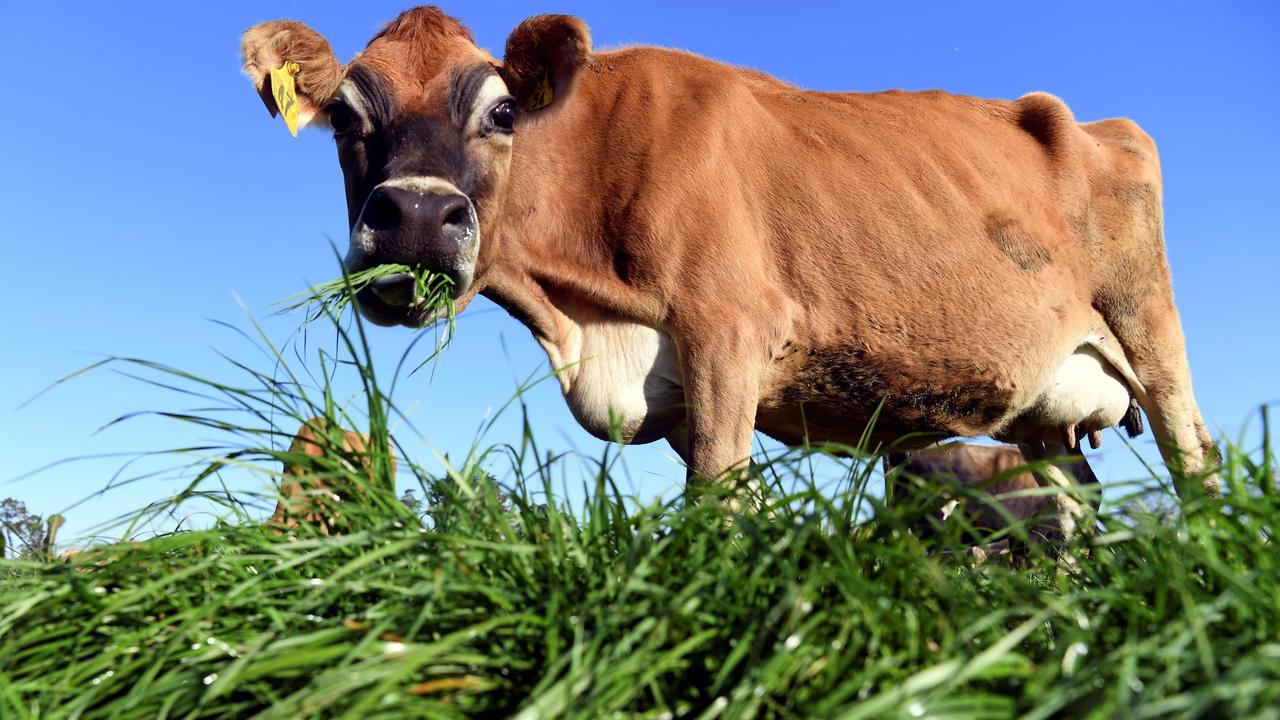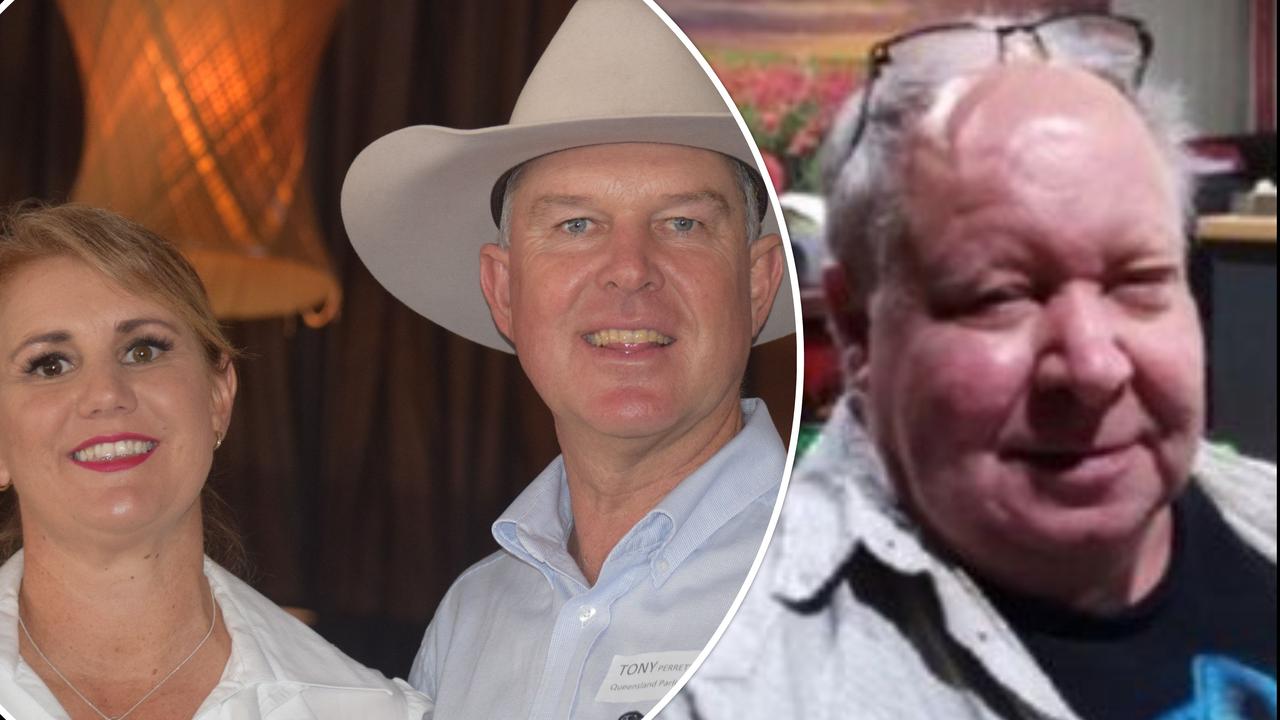Irrigation loophole: South Australia’s leaky water regulations
SOUTH Australian irrigators are exploiting a loophole in the state’s regulations, to borrow water destined for the environment and not repay it until the end of the season.
SOUTH Australian irrigators are exploiting a loophole in the state’s regulations, to borrow water destined for the environment and not repay it until the end of the season.
“They’re using water they don’t have,” one leading water broker said.
South Austrailan Government rules allow irrigators to overuse water at the peak of the season, when prices are high, then repay it at the end of the season when prices traditionally fall.
Victorian water corporations have banned the practice, with Goulburn Murray Water refusing to deliver to irrigators’ accounts if they have been fully drained. Lower Murray Water has a similar policy, given it automatically reads all meters and demands repayment of any overuse within 30 days.
But SA Water lets irrigators use more than they hold in their water accounts, as long as they go on to the Victorian and NSW markets to replace it within about four months.
A water broker, who wished to remain anonymous, said he had one South Australian client who had come to him wanting to buy 2000 megalitres.
“He’s overused during the season hoping prices would come down now (at the end of the season),” the broker said.
“Instead of going to the bank and borrowing $20,000 to buy water during the season, when prices are high, SA Water lets their irrigators wait until April-May, when their cash flows from harvest are coming in, to repay overuse.”
But while South Australian irrigators have traditionally relied on an end-of-season price slump to repay overuse, they’ve been caught out this season with persistently high water prices, which jumped $40 in the past week to $200 a megalitre.
“As vines and other permanent plantings go into dormancy, prices normally weaken at this time,” the broker said. “But this year ... there’s just not enough water around. In South Australia we’ve got a number of people trying to buy and repay water, who are having trouble.”
Victorian Farmers Federation water council chairman Richard Anderson said South Australian irrigators were taking water destined for the environment and Lower Lakes.
“They like to throw stones at other states over compliance, but it sounds like what they’re doing isn’t that different to what’s been going on in part of the northern basin,” Mr Anderson said.
Under South Australia’s Department of Environment and Water reporting rules, private diverters are required to read their own meters once every three months and submit their results to government.
But the DEW website shows irrigators can delay repayment of overuse for at least four months, given they are required to report their January 1 to March 31 meter readings by the end of April, while the April 1 to June 30 meter reading can be lodged at the end of July.
SA Central Irrigation Trust chief executive Gavin McMahon, said his 1600 Riverland irrigators were required to reconcile their accounts every quarter, but didn’t know what action DEW took on private diverters. He said there had been “quite significant pumping this year” and overuse.
Water Minister David Speirs deferred all comment to DEW, whose spokesman said: “Water users are required to provide meter readings to the Department for Environment and Water on at least a quarterly basis”.
“An automated Water Usage Advice statement is sent to the customer which allows them to closely monitor their water use against their allocation.”


